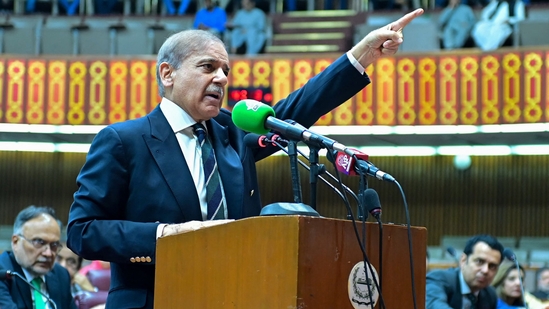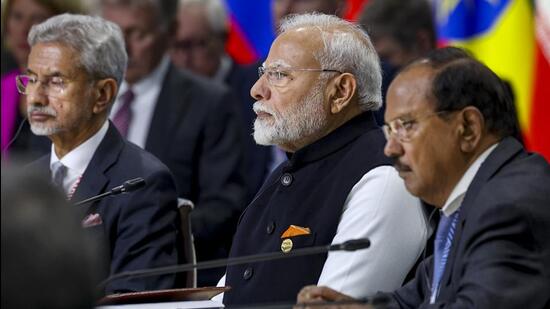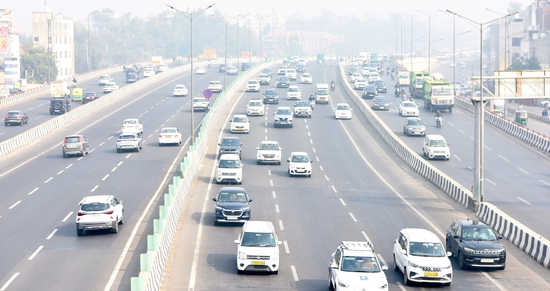The Supreme Court recently criticized the group of National Law Universities (NLUs) for how they created questions for the Common Law Admission Test (CLAT-UG) 2025. The court said the questions were made too casually and asked for changes, especially in the marking of six questions. They also wanted the government to set up a permanent way to conduct this exam, similar to how exams like NEET are run.
The judges, led by Justice Bhushan R. Gavai, expressed their disappointment that these questions, which decide the futures of many students, were poorly constructed. They noted that some answers given by the NLUs were wrong according to past Supreme Court decisions. One question even required math that seemed too hard for a simple test about legal reasoning.
This decision came after students complained about the exam, leading to two petitions. Previous concerns were also noted, as the Supreme Court had given advice about errors in the CLAT in 2013 and 2018. The court suggested the need for a steady and reliable system for running the CLAT exam to avoid such mistakes in the future.
One specific question that caught attention was about environmental duties. The court disagreed with the answer provided by the NLUs, stating that both the state and citizens have responsibilities here. Additionally, some math questions in the exam were deemed too complicated. The court questioned whether students should be expected to know advanced math like this.
Overall, the Supreme Court is looking to make sure that future exams do not have the same issues and that students can depend on a fair testing process.





Leave a Reply